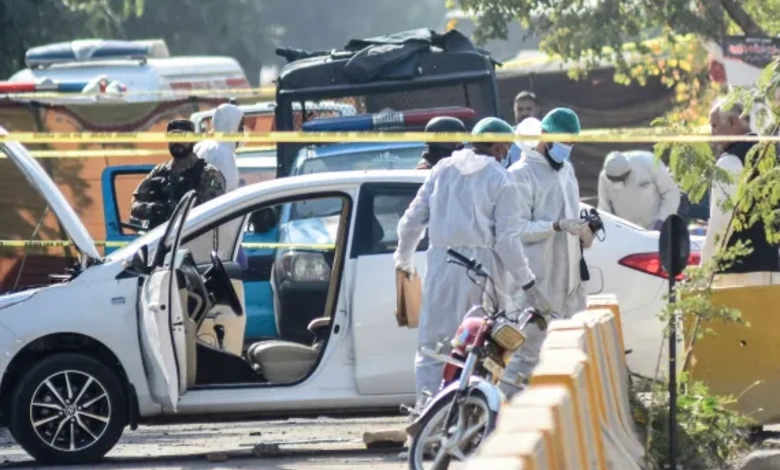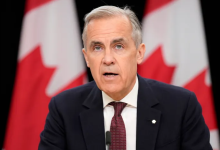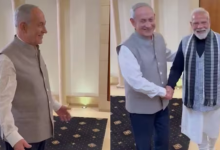Deadly Suicide Blast Islamabad: Pakistan Points Finger at India Amid Militant Claim

In a shocking act of violence, a suicide bombing struck Pakistan’s capital on November 11, killing at least 12 people and wounding over 20 others outside the Islamabad district and sessions courts. The attack, the deadliest in the city since 2008, disrupted daily life in a bustling judicial complex near key government sites, including Parliament and the Supreme Court.
Authorities described how a lone attacker detonated explosives weighing four to five kilograms, packed with ball bearings, at the main entrance in the G-11 sector after failing to breach security checkpoints. CCTV footage captured the suspect lingering nearby before targeting a approaching police vehicle, according to Interior Minister Mohsin Naqvi. Investigators, aided by artificial intelligence analysis of 92 recordings, believe the bomber arrived from outside Islamabad on a motorcycle, having reached the city days earlier. Pakistani newspaper Dawn reported these details from the ongoing probe.
Eyewitnesses recounted scenes of chaos. Lawyers described hearing a massive bang, seeing bodies at the gate, vehicles ablaze, and people fleeing in panic. One bar council member told Al Jazeera he witnessed the bomber’s severed head rolling nearby after the deafening explosion.
ALSO READ : State of War’: Pakistan Defence Minister After Deadly Islamabad Blast, as Tensions With Kabul Escalate
A splinter faction of the Tehrik-e-Taliban Pakistan known as Jamaat-ul-Ahrar (JuA) quickly claimed responsibility. Operating from Afghanistan’s Nangarhar Province, per the UN Security Council, JuA has a history of deadly assaults, including the 2015 Punjab bombing that killed Home Minister Shuja Khanzada, a 2016 US Consulate staff attack in Peshawar, and the Lahore park massacre that claimed over 70 lives, many women and children. The parent TTP distanced itself from this incident.
Pakistani leaders reacted swiftly and accusatorily. Prime Minister Shehbaz Sharif blamed “India’s terrorist proxies,” alleging orchestration from Afghan soil without evidence. Defence Minister Khawaja Asif declared a “state of war” and pinned responsibility on Kabul’s rulers, warning of a strong response. Naqvi vowed accountability for all involved, local or foreign.
India dismissed the accusations as “baseless and unfounded.” Ministry of External Affairs spokesperson Randhir Jaiswal called them a desperate diversion from Pakistan’s internal crises, noting the international community sees through such tactics.
Forensic teams from AFP and Reuters documented the aftermath, with firefighters tackling burning cars and officials securing the site. The blast underscores escalating security challenges as Pakistan navigates strained ties with Afghanistan and longstanding rivalries with India.




